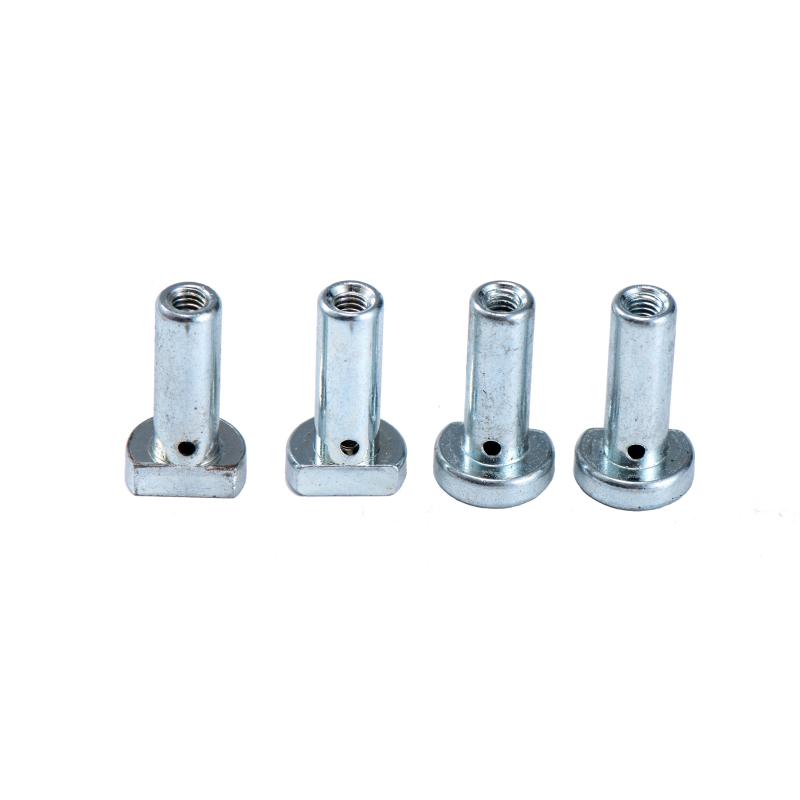In the world of fastening technology, maintaining a secure and stable connection is paramount—especially in high-vibration environments or applications where repeated assembly and disassembly are common. One essential innovation that ensures reliability in such conditions is the D-shape blind nut. Known for its anti-rotation design, this fastener provides enhanced holding power and stability, particularly in thin-walled or soft materials. But what makes the D-shape so effective in preventing unwanted rotation?

Unique Geometry for Enhanced Grip
The defining feature of a D-shape blind nut is its flat-edged, asymmetrical body, which distinguishes it from traditional round Blind Nuts. This flat side acts as a locking surface, preventing the nut from turning once installed. When inserted into a pre-punched D-shaped or keyed hole, the nut’s body aligns perfectly, and the flat surface creates resistance against torque, significantly reducing the risk of rotation during assembly.
This mechanical locking mechanism is particularly beneficial in applications where the back side of the assembly is inaccessible—since blind nuts are designed to be installed from one side only. The D-shape ensures that once installed, the nut remains securely in place regardless of how much torque is applied from the mating bolt or screw.
Superior Performance in Soft and Thin Materials
One of the challenges in fastening soft or thin materials—such as aluminum panels, plastic casings, or composite laminates—is the tendency for Fasteners to spin or loosen under stress. D-shape Blind Nuts excel in these conditions. Their anti-rotation design distributes force more evenly and prevents the nut from turning inside the material, maintaining thread integrity and reducing damage during tightening.
Moreover, many D-shape blind nuts come with knurled or ribbed bodies, which further enhance the grip inside the host material. When compressed using the proper tool (e.g., a Rivet nut tool), the back end of the nut deforms and clamps tightly against the inner wall, creating a strong mechanical bond.
Time-Saving and Reliable Installation
Thanks to their anti-rotation properties, D-shape blind nuts can be installed quickly and confidently, even in high-speed production lines. Operators do not have to worry about holding the nut in place or using adhesives to prevent spinning. This translates into lower assembly times, reduced labor costs, and consistent results—especially important in industries like automotive, electronics, and appliance manufacturing.
Common Applications
Automotive panels and dashboards
Electronics enclosures
HVAC units and sheet metal assemblies
Furniture and cabinetry
Aerospace panels and access doors
Wherever there’s a need for high-strength, vibration-resistant fastening with one-side access, D-shape blind nuts deliver a practical and efficient solution.
The D-shape blind nut is a small but powerful component in modern fastening systems. Its unique shape offers a simple yet effective answer to one of the most common challenges in assembly—unwanted rotation. By locking securely into position and resisting torque, these nuts enhance the durability and safety of your final product. Whether you're working with metal, plastic, or composite panels, D-shape blind nuts are a smart choice for engineers and manufacturers seeking reliable, anti-rotation fastening solutions.





